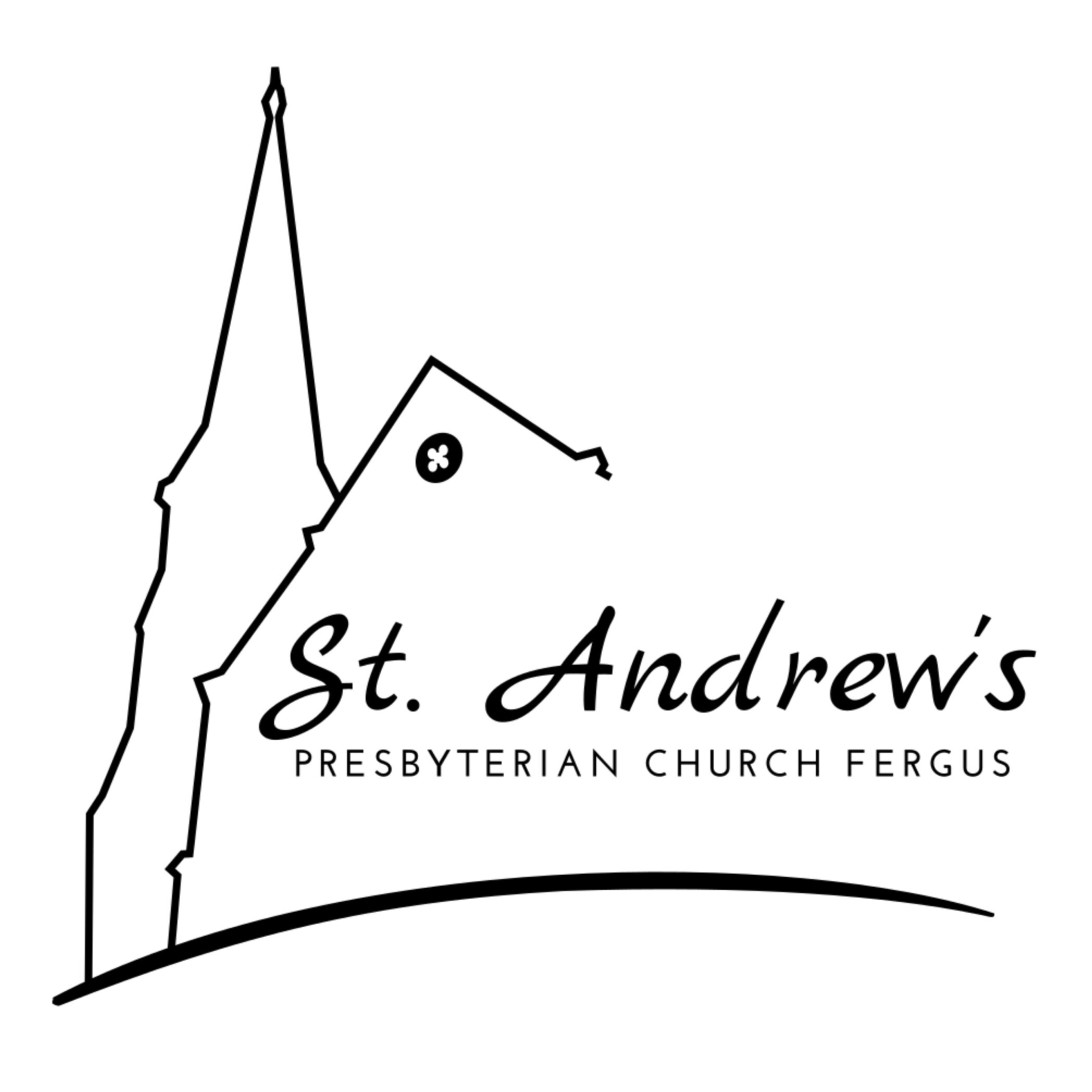Psalm 127
A Song of Ascents. Of Solomon.
1 Unless the Lord builds the house, those who build it labour in vain.
Unless the Lord guards the city, the guard keeps watch in vain.
2 It is in vain that you rise up early and go late to rest,
eating the bread of anxious toil; for he gives sleep to his beloved.
3 Children are indeed a heritage from the Lord, the fruit of the womb a reward.
4 Like arrows in the hand of a warrior are the children of one’s youth.
5 Happy is the parent who has a quiver full of them.
They shall not be put to shame
when they speaks with their enemies in the gate.
The two stanzas of the psalm both deal with home/family but from quite different perspectives.
The open stanza (vs. 1,2) covers ground similar to what we saw in Psalm 126. That human ability, better human-built security systems, more guards/police, none of those things will make a house or a community safe. It is God who guards homes and cities, and by extension countries. Verse 2 makes clear that our staying awake longer to plan how to guard what is “ours” does nothing but make us tired as we eat the “bread of anxious toil.” (That is a nice line – a great description of what anxiety does to life.)
Those persons who in the relationship with God are able to trust God to guard and keep safe the home and the city are given the gift of sleep. And the medical evidence is overwhelming that sleep is one of the most powerful healers, and one of the best things for finding a way through anxiety. Those loved by God and who trust God are given the beauty of sleep.
Then in vs. 3-5, the psalm takes a turn. In highlighting children as a “reward” from God, those who are child-less easily feel left out and even rejected by such words. The hurt can run very deep for those who struggle with infertility or who have chosen to have no children. The Bible is very aware of the struggles of infertility – Abraham and Sarah, Elizabeth and Zechariah to name but two. Isaiah 56:3 which is addressed to eunuchs (men who were unable to father children) promises them a heritage. In the African proverb that says “it takes a village to raise a child” is the embedded call on all the people of a community to parent the children of the community. It is a responsibility of adults to nurture and protect children, be they biologically their children or not. This second stanza can be read wider than the nuclear family, but a call to communities to rejoice in the children of the community.
PRAYER:
O Lord, only in you will we find security and safety. Teach us to trust you and you alone, above all the other forms of security we so quickly cling to. Teach us as adults to share well in the nurture and care of children, recognizing that it is together as a community that children are well raised. In Jesus’ name. Amen.

